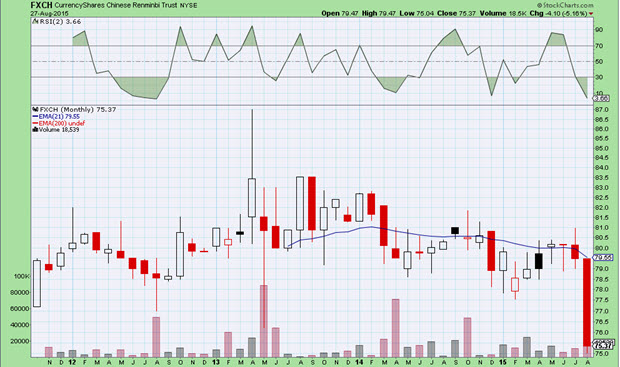Considering Currency Devaluation

Chinese Currency Devaluation Equals Cheaper Chinese Goods to Americans – Not Necessarily A Good Thing
In marketing, repositioning is a strategy of reforming a brand or a service relative to competition.
When it comes to numbers, the Chinese know their position. (The concept of Chinese numerology dated back nearly 4000 years and is claimed to be one of the earliest forms.)
What can be more cunning is the Chinese also know how to reposition in the global market place. Even if it means they “set the cat among the pigeons”.

In a push for bolstering the world’s second-largest economy, China’s central bank devalued the renminbi, more popularly known as the yuan, by almost 2% alongside the US dollar. The left-field move was a global shocker across equity markets, marking the biggest plummet since China reformed its currency system in 2005 with an almost similar move.
Such intervention should power up the country’s exports overseas, making it more competitive in its effort to revive the slowing economy. Yes, it should make the country’s exports more competitive overseas, but analysts said it could rouse reactions and some ire in the US. Read through Donald Trump’s statement, “They’re destroying us. They keep devaluing their currency until they get it right. They’re doing a big cut in the yuan, and that’s going to be devastating for us.”
Whew! With the world on a financial crisis, 2015 is the year of unpegging currencies.
Surprise! The Swiss Change Their Mind and Unpeg From The Euro
Didn’t the Swiss unpeg their currency from the Euro earlier this year? Right away, the value surged by almost 30% against the euro and gained 25 percent against the dollar.






